They happen in every meeting. Every “quick chat.” Every carefully worded email. Those moments when you almost say what you mean—but not quite. When “I completely disagree” becomes “Interesting perspective…” When “This timeline is impossible” turns into “I’ll try my best.”
These almost-honest conversations feel safer in the moment. But according to Tessa White, a career HR executive at several Fortune 500 companies, they’re silently sabotaging your career.
“If you don’t have the conversation, it won’t get better,” White explains in her Optimism Library lesson, How to Succeed at Every Stage of Your Career. “No conversation, no fix.”
The Real Cost of Holding Back
We’ve all been there. You sense a project is heading in the wrong direction, but instead of speaking up, you send a carefully worded email hinting at your concerns. Or maybe you’ve sat through meetings where you knew the team was making a mistake, but chose to stay quiet to avoid rocking the boat.
“Email is such a terrible form,” says White. “It’s so rife with miscommunication and misinterpretations.”
Those diplomatic emails and half-spoken concerns might feel safer in the moment, but they create a cascade of problems: issues fester until they’re unfixable, trust erodes as colleagues sense your hesitation, and opportunities for real collaboration slip away.
Creating Space for Real Conversations
The good news? You can start changing this pattern today. White suggests beginning with something simple but powerful: creating the right conditions for honesty. “You can’t make somebody have the conversation with you,” she acknowledges. “You can only do your best to create the conditions to have an open conversation and let it remain open.”
This might mean inviting a colleague for coffee instead of sending that careful email. It could mean starting your next team meeting by acknowledging the elephant in the room. The key is shifting from hints and implications to clear, respectful directness.
The Language of Complete Communication
Think about how different these conversations could be. Instead of saying “That meeting was… interesting” and hoping someone picks up on your concern, try “I have some specific concerns about the direction we discussed. Could we talk through them?” Rather than suggesting “Maybe we should consider other options…” say “I don’t think this approach will get us where we need to go, and here’s why…”
The most trusted people at work aren’t those who tell others what they want to hear—they’re the ones who can deliver honest feedback with respect and clarity. As White reminds us, getting comfortable with discomfort doesn’t mean you’re in the wrong place; it means you’re growing.
Making the Shift
Start by identifying one conversation you’ve been having halfway. Maybe it’s with your manager about your workload, or with a colleague about a project’s timeline. Write down what you really need to say—not the diplomatic version, but the honest one. Practice it with someone you trust. Then, instead of waiting for the perfect moment (it doesn’t exist), schedule the conversation.
Remember, the goal isn’t to be harsh or confrontational. It’s to be clear and kind, rather than just nice. Your career growth depends not just on what you know, but on how clearly you can communicate it. Those uncomfortable moments of complete honesty? They’re not obstacles to your success—they’re the path to it.
For more career-changing insights from Tessa White, check out her full lesson in The Optimism Library, where she shares her 25 years of HR wisdom on adding value, managing conflict, and owning your career growth.












